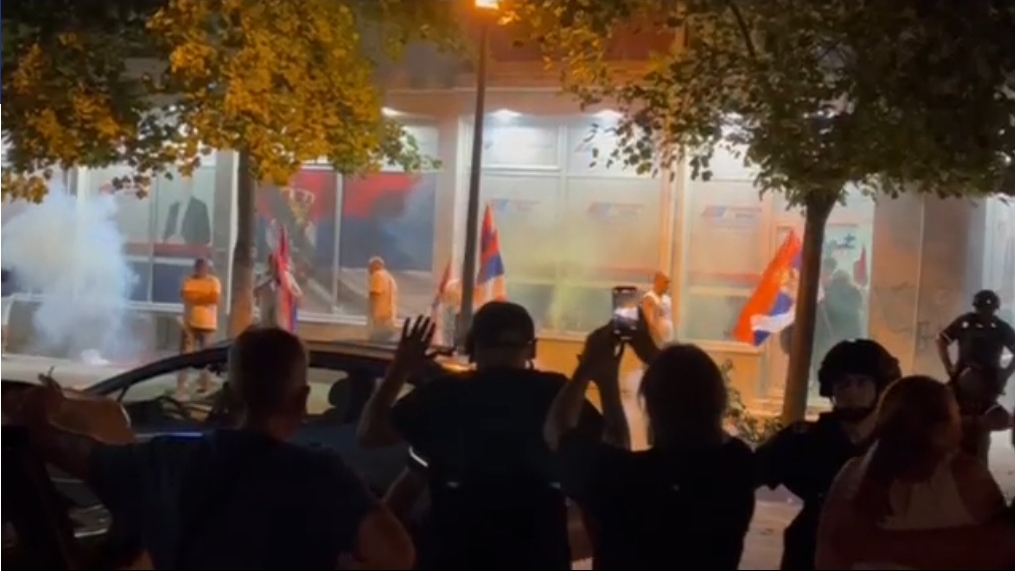Nine months after parliamentary elections, Kosovo remains in a profound institutional deadlock, with the parliament dissolved, the acting government lacking a full mandate, and new elections scheduled for December 28.
Albin Kurti, leader of the Vetëvendosje (Self-Determination) movement, which won 42% of the vote in the last elections, has twice failed to secure a parliamentary majority to form a government. Kurti and his party colleague, Glauk Konjufca, each attempted to gain approval from the assembly but fell short of the 61 votes needed, leaving Kosovo without a fully functioning government for the first time in its post-independence history.
The stalemate has left Kosovo at risk of a financial crisis. The parliament did not approve the 2026 budget before dissolution, raising concerns over public sector salaries, social transfers, and administrative operations. In an open letter in late October, 21 civil society organisations warned that delaying the budget would paralyse payments to teachers, health workers, and hundreds of thousands of citizens, urging President Vjosa Osmani to act to prevent a crisis.
The impasse also blocks ratification of the European Union’s growth plan for the Western Balkans, which could bring Kosovo over €880 million in grants and loans. The plan remains on hold due to the lack of parliamentary approval.
Political divisions remain stark. Kosovo’s three largest Albanian opposition parties – the Democratic Party of Kosovo (PDK), Democratic League of Kosovo (LDK), and Alliance for the Future of Kosovo (AAK) – have refused to cooperate with Vetëvendosje. Conversely, Kurti has rejected forming a coalition with the Serb List, which represents Kosovo Serbs and is backed by Belgrade.
Observers say the deadlock has also complicated the Kosovo-Serbia dialogue mediated by the EU. Experts note that a caretaker government without parliamentary backing lacks the mandate to enter binding international agreements, potentially stalling normalization efforts.
The December elections, set during the holiday season, are being framed by Kurti as a “democratic celebration,” yet political analysts warn that without compromise among parties, Kosovo risks continuing cycles of political paralysis.
The situation underscores broader challenges in Kosovo’s young democracy: a dominant party winning elections but unable to govern, entrenched opposition refusing cooperation, and critical reforms and international agreements left in limbo.



